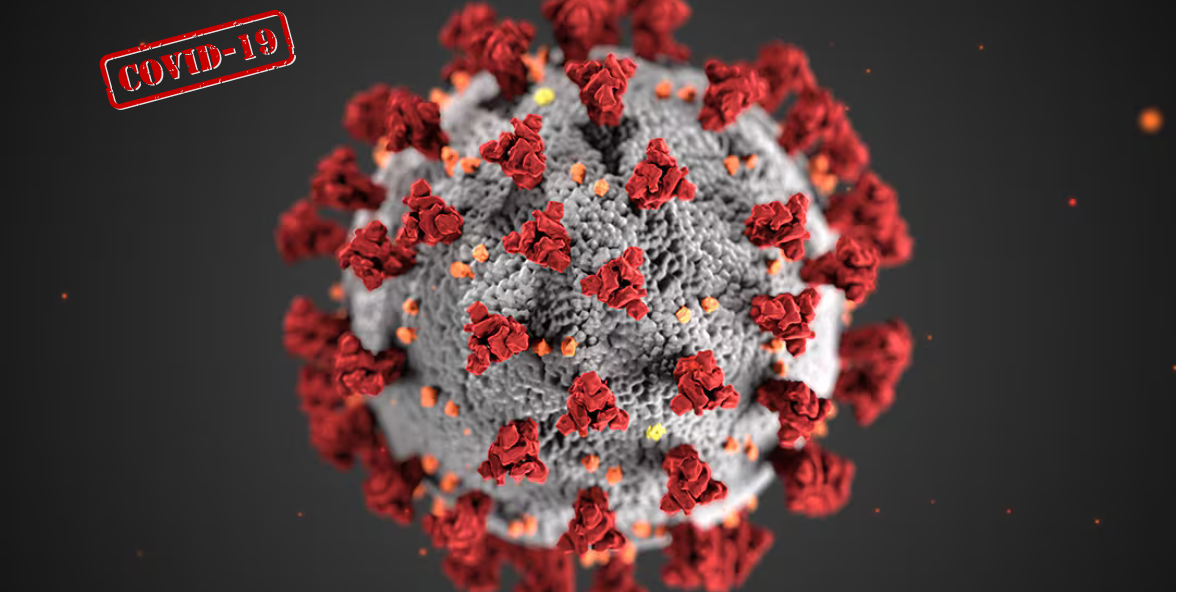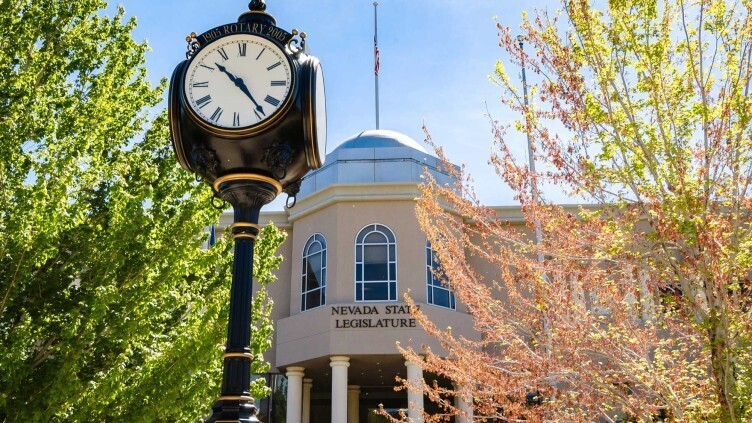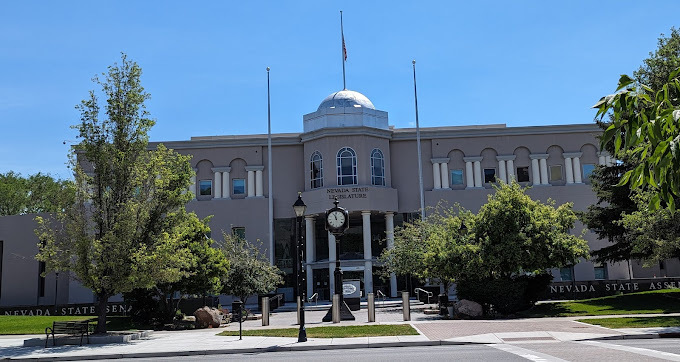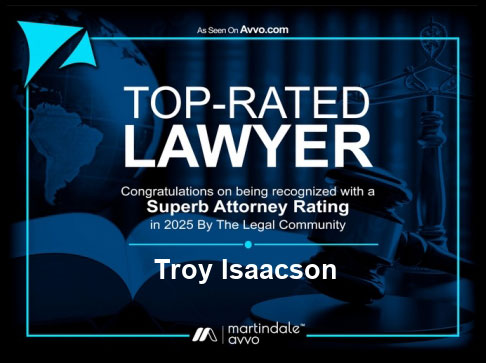ISAACSON LAW BLOG
COVID-19 Restrictions Update

COVID-19 Restrictions Update
As the COVID-19 restrictions begin to ease, our office has been presented with questions from homeowners, associations and managers alike asking when and how they may open community swimming pools. While we certainly understand the desire to open the swimming pools and get back to life as we knew it just a few short months ago, reopening swimming pools is presently against the law and could subject those communities that do so to a long-term or permanent loss of their pool permits.
Section 19 of Governor Sisolak’s Directive 18 provides that certain businesses and other items shall remain closed. Those items include “Recreation and community centers including public pools.” See, Directive 18, Section 19(4). Some may assert that a pool within their community association is not “public” as defined by Governor Sisolak’s Directive. However, in our firm’s opinion that argument is wrong.
Pursuant to Article 2, Section 202.0 of the Southern Nevada Pool Code, a “Public Pool or Spa” is “Any swimming pool or spa, other than a private pool or spa.” A “Private Swimming Pool or Spa” is defined as “All constructed swimming pools or spas which are used in conjunction with and on the same property as a single-family residence, and available only to the family of the residence or their private guests.” Section 202.0(emphasis added). Because a community pool is not used in connection with a single-family residence and is generally open to all residents and their guests, they are considered “public.” An association with a community pool is therefore legally prohibited from opening it at this time.
Others claim that they can obtain waivers and/or hold harmless agreements that they believe will protect the community from liability. Presuming such agreements are valid as to the people entering the pool area, it will certainly not be valid as to third parties who may be infected should an outbreak occur. Though we are certainly not a medical experts, our office is informed that though the water in the swimming pool is unlikely to allow transmission of the virus, the virus can be left on other things in an around the swimming pool (entry gates, lounge chairs, ladders, etc.). Should that occur, we understand the virus can spread to others.
In such an event, the potential does exist that virus can be traced back to the interaction at the pool. The potential does exist that claims could be asserted against an association for failing to keep the pool closed and/or failing to undertake reasonable efforts to disinfect and sanitize the area. Other circumstances may certainly arise that may also create liability to a community association and community boards must be working smartly to protect their community.
As mentioned above, any waiver must also be valid. A waiver is defined by the law as an intentional relinquishment of a known right. Nevada Yellow Cab Corp. v. Eighth Judicial Dist. Court ex rel. Cty. of Clark, 123 Nev. 44, 49, 152 P.3d 737, 740 (2007). In that regard, there are several reasons why waivers can be rendered invalid by a court. Those would include any unforeseen conditions that may arise. Given a waiver will only apply to “known” rights, should unforeseen circumstances arise, the waiver could be rendered invalid.
There are several other reasons why contractual liability waivers may be rendered invalid. Those would include the lack of the ability to negotiate, it is not signed by the person waiving their rights, the expected or intended injury may not be fully understood or appreciated, and the limitations of the wavier may be overbroad or unreasonable, among potentially others.
Consideration also needs to be given to the fiduciary duty a board members owed their community pursuant to NRS 116.3103. In sum, a fiduciary duty is each board member’s obligation to act in good faith and to put the interests of the association ahead of their own. See, NRS 116.3103. The example our office typically gives board members is with regard to assessments. That is, if the Association requires additional revenue and needs to raise assessments, though an individual board member may not want or cannot afford an increase, that board member has an obligation to put their own interests aside and vote in a manner that best serves the association.
With the COVID-19 virus, determining where a board member’s judgment should lie is certainly more problematic than the example set forth above. That said, unless the association can meet the requirements imposed by the state and local governments and those standards for disinfecting as recommended by the Centers for Disease Control (including disinfecting using EPA approved disinfectants), we recommend swimming pools remain closed. Even if allowed to reopen by the governing authorities, associations should first ensure they are taking reasonable precautions as recommended by professionals to ensure the safety of the community’s residents and guests.
An association’s long-term interests lie in compliance with the law. If a community opens its pool too soon or without having proper protocols in place, it can lead to a suspension or revocation of the community’s permit. As an analogy, restaurants across the country are losing their business permits because they are failing to adhere to governmental orders to either close or maintain proper social distancing. This too is a potential for homeowner association swimming pools.
Once swimming pools are allowed to open, boards must have in place proper rules and regulations. In the age of coronavirus, considerations should be given, among potentially other items, to:
· Requirements for face masks while out of the water;
· Providing hand wipes;
· Removing all pool furniture, but allowing residents to bring their own;
· Requirements that proper social distancing be maintained; and/or
· Restricting occupancy to ¼ or ½ of the maximum total occupancy.
Certainly, the foregoing is provided as general considerations a board should take in to account and is for informational purposes only. The needs and requirements will change for each community depending on their individualized circumstances. And while the foregoing is not meant to provide specific legal advice, we hope it creates a roadmap for how community association’s might move forward when looking to reopen their swimming pools. We recommend that association boards work with their counsel and other professionals to develop protocols aimed at keeping their communities safe.

LOCATION
- (702) 529-2559
- 4730 S. Fort Apache Rd, Suite 280 Las Vegas, Nevada 89147
BUSINESS HOURS
Monday – Friday: 8:30am to 5:30pm
Recent Blog Posts

Legislative Session 4-20-25

Legislative Session 3/15/25



